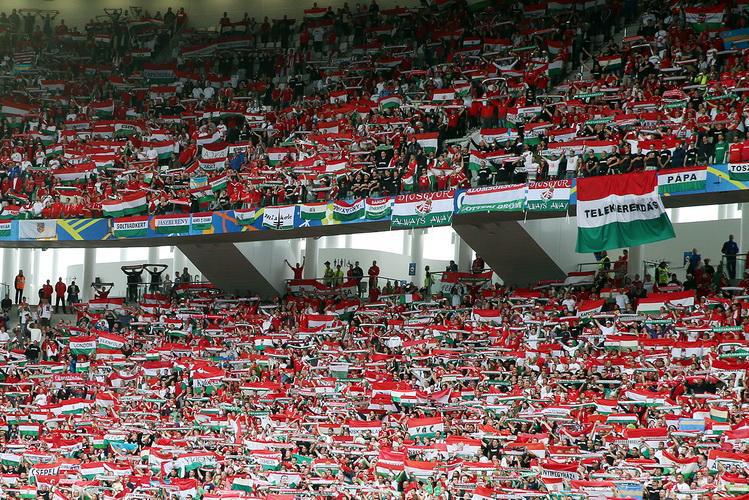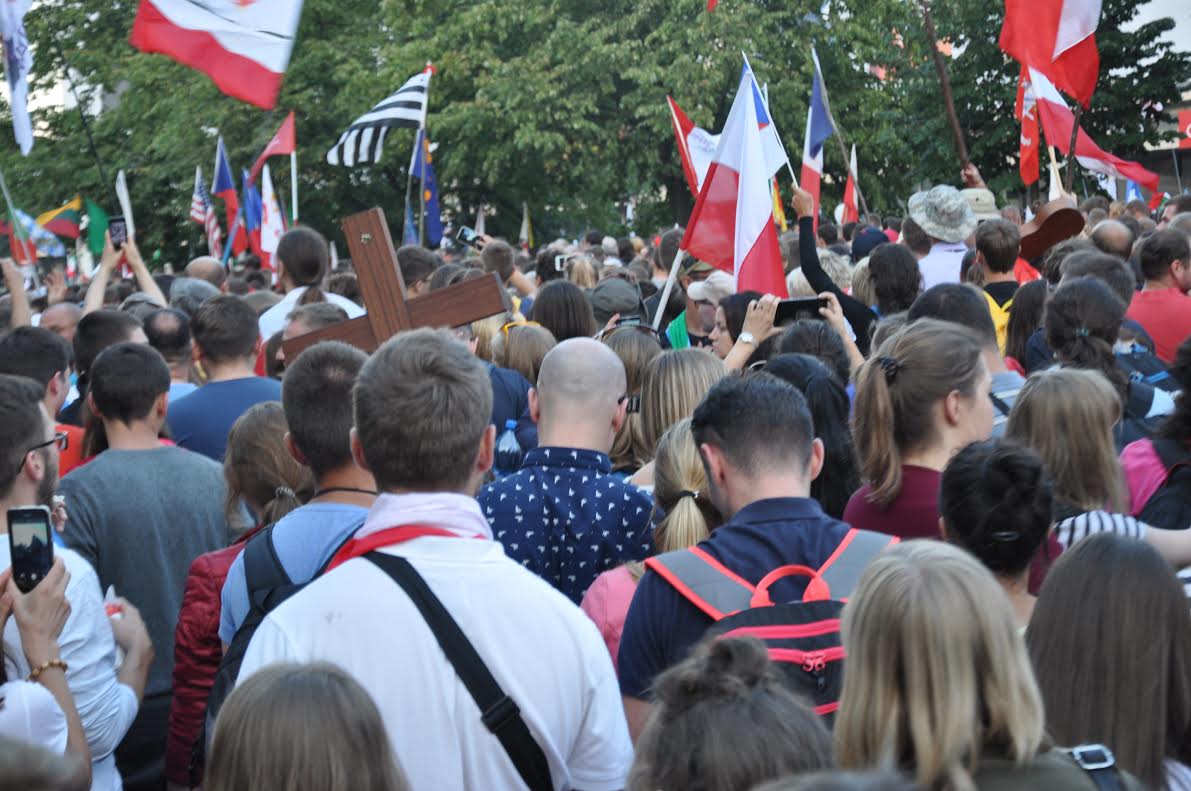Poland – Marshal Józef Piłsudski is undoubtedly one of the greatest figures in 20th-century Polish history. This charismatic military leader was Poland’s strongman between the two world wars. Although his legacy remains controversial because of his authoritarian drift from 1926 onwards, this native of Vilnius is still considered one of the fathers of the Polish independence that was recovered in 1918 and saved two years later from the Bolshevik threat.
The standard-bearer of Polish freedom
The figure of Józef Piłsudski was quickly mythologised. The legend surrounding him was already well known before the beginning of the First World War. The “alpha male” of the Polish political-military scene also enjoyed a reputation as a strategic genius among other Central European leaders. Positive opinions about him could be heard especially in Hungary.
As soon as WWI broke out, a series of articles appeared in the Hungarian press about Józef Piłsudski. In December 2014, the liberal-bourgeois newspaper Pesti Napló referred to his “heroic Polish legion” fighting the Russian Empire alongside Austro-Hungarian forces.
In September 1916, the conservative newspaper Budapesti Hírlap published an interview with Artur Śliwiński, the deputy chairman of the Warsaw City Council and a close associate of Piłsudski. In that interview, Śliwiński explained that the Poles expected the “founder of the legions” and “national hero” Piłsudski to take charge of the organisation of the Polish army against Russia.
The Bolsheviks’ worst nightmare
Once WWI was over, the conflict between Poland and Soviet Russia between 1919 and 1921 attracted the attention of the Hungarian press. The conservative Budapesti Hírlap, the liberal Pesti Hírlap, and the social-democrat Népszava regularly informed Hungarians about the developments on the front.
On 25 April 1919, all three newspapers published articles about the victorious entry of the Polish army into the Bolshevik-occupied city of Kiev. On 19 May, Budapesti Hírlap informed its readers of the “enthusiastic and warm welcome” of Marshal Piłsudski by the Polish population upon his return to Warsaw. A few days later, it was Pesti Hírlap’s turn to quote key passages from a recent interview with Piłsudski given to the Daily Mail. In that interview, the head of the Polish army referred to the fact that “the Red Army is poorly organised and that [its] soldiers fight very badly”.
Some Hungarian newspapers even had their own correspondents in Warsaw. Curiously enough, the Hungarian newspapers did not inform their readers of the large deliveries of ammunition made by the Budapest government to Poland.
Widely shared anti-communist feelings
At the beginning of August 1920, the Red Army’s advance towards Warsaw became more and more threatening. In the Hungarian press, the prospect of a Russian triumph on the Vistula raised serious concerns. Newspapers of all political persuasions were apprehensive about such a turn of events and the consequences for Central Europe.
For example, the conservative newspaper Nemzeti Újság spoke of “the Poles’ struggle against the red flood”. In mid-August, at the time of the decisive battles around Warsaw, Pesti Hírlap spoke of the “life and death” struggle of the Polish army and the “heroic struggle of the Polish nation” in the face of the “Russian danger”. For its part, the 8 Órai Újság newspaper went even further by evoking “the Russian threat (…) which, like a black cloud, covers the sun of civilisation”.
The triumph of Marshal Piłsudski
Against all odds, the Polish forces pushed back Tukhachevsky’s troops (thanks in particular to the precious aid in ammunition coming from Hungary). The Battle of Warsaw on 15 August 1920 was quickly followed by a Polish counterattack. It was from this moment that Hungarian newspapers began to emphasise the merits of Marshal Piłsudski and his key role in this victory. One of the conservative Hungarian newspapers praised him as the one who had stopped “the destructive Bolshevik wave”.
On August 19, 8 Órai Ujság wrote that “the Russians are fleeing before Piłsudski”. In the aftermath of the Polish victory, Budapesti Hírlap explained to its readers that “the northward offensive is advancing triumphantly under the personal command of Marshal Piłsudski” and that “the Red threat is a diminishing menace to Europe”.
On 26 August, the Warsaw correspondent of Pesti Hírlap, Jenő Benda, described the events as follows: “The inhabitants of the liberated territories welcome the Polish army with tears in their eyes.”
A victory not only for Poland
“The Poles have broken through the red front.” “The Russian Red Army is fleeing.” “The Poles are chasing away the Russians everywhere.” These are only a few examples of the headlines that Hungarians could read in their newspapers in the late summer of 1920. At that time, Budapesti Hírlap was writing: “The Poles, by risking their lives and spilling their own blood, have on this occasion defended their country themselves, which is of immense moral value. The gift of a state [after WWI] and freedom were built on sand.”
Shortly after the Polish victory, Nemzeti Újság looked back at the period before the conflict: “For many weeks, the Hungarian nation watched the events on the Polish–Russian front with bated breath (…) Examples of such solidarity between two nations (…).” The anonymous author of these words also insists that the Hungarian nation was wholeheartedly united with Poland not so much out of fear of Bolshevism (although it had experienced it as early as 1919 under Béla Kun) but rather out of a genuine feeling of friendship towards the Polish nation.
Indeed, the Polish–Hungarian friendship has the unique feature that it has often gone beyond the pragmatism and the most down-to-earth rationality that usually characterises the relations between two nations. It should be emphasised here that the massive aid given by Hungary to Poland in 1920 was organised in a dramatic context. Hungary had just had the major part of its territory and population carved off by its neighbours under the Treaty of Trianon. The Hungarian authorities nonetheless decided to send thousands of rounds of ammunition to the Polish army, without which the Battle of the Niemen River could not have been won.
Finally, it is important to note that Poland’s victory over the Red Army was not just a war between two neighbouring nations. The triumph of Marshal Piłsudski and his men delayed the subjugation of the entire central-eastern part of Europe to the Soviets by two decades.




